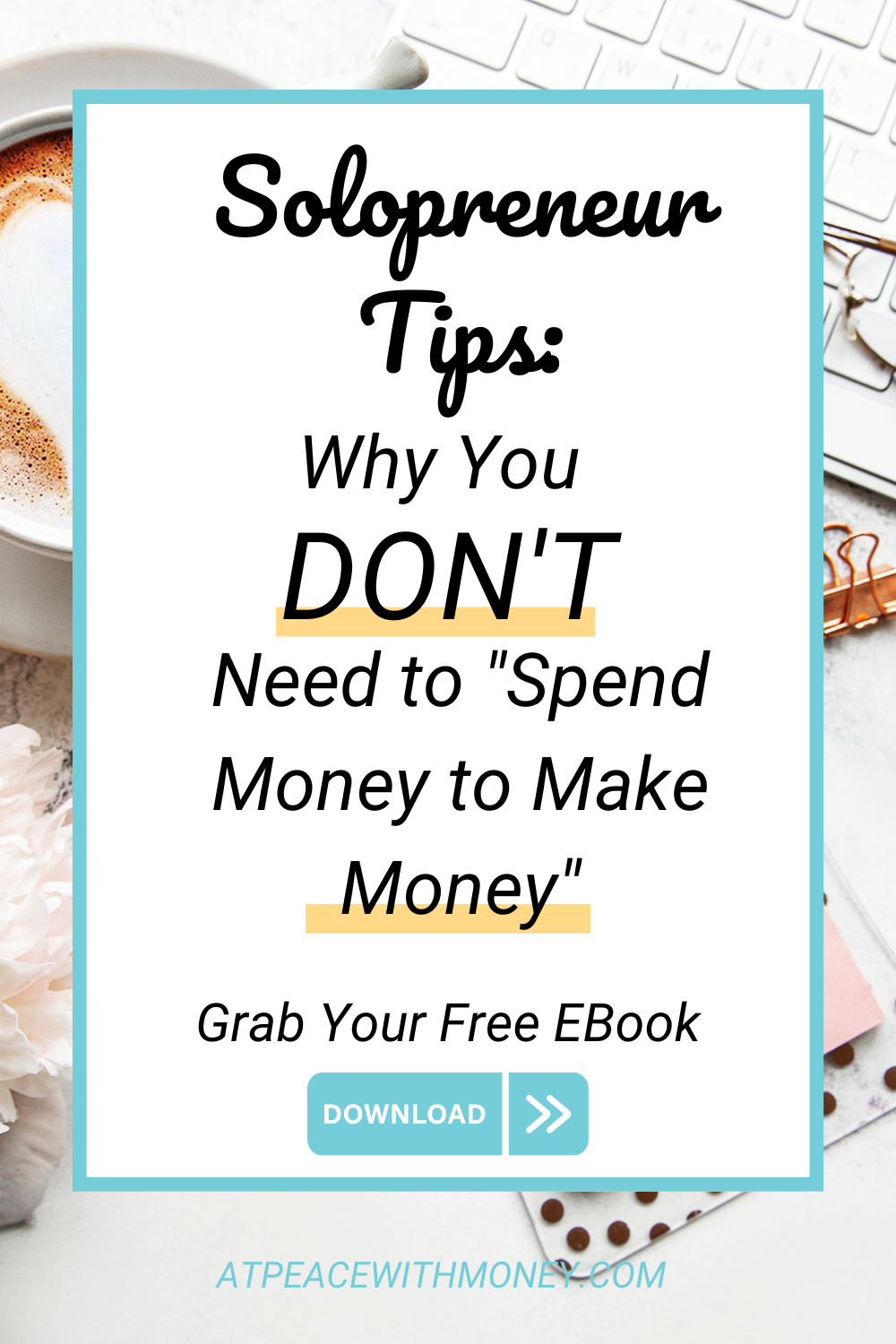Why You Don’t Need to “Spend Money to Make Money”

A big myth that many small business owners fall victim to is the idea that you need to “spend money to make money.” This couldn’t be further from the truth – there are many ways to be creative when starting a business that don’t demand a huge amount of startup capital. Let’s take a look at a few different ways this myth can show up in small business spending, and why you don’t need to repeat the same mistakes in your own business.
You Don’t Need a Huge Amount of Startup Capital
Starting a business can be much more financially accessible than many of us might believe. Depending on what type of business you’re starting, you can begin to pilot your business idea and make a profit with only a little bit of startup cost.
Many service-based businesses require very little upfront investment. Product-based business will require expenses for inventory, but these can still be managed and kept low.
Evaluate what your goals and values are for your business, and be thoughtful about how you can achieve your goals while keeping your expenses low.
You Don’t Need to “Keep Up with the Joneses”
Teddy Roosevelt said, “Comparison is the thief of joy,” and he was certainly right when it comes to small businesses! Comparing your branding, your website, or any other aspect of your business’s appearance can lead to emotional spending decisions and a desire for perfection.
The irony of comparing your business to another is that you usually have no way of knowing how other businesses are doing financially. For all you know, they could be close to bankruptcy, no matter how slick their branding or packaging is.
Instead of trying to “keep up” with other businesses and striving to achieve a perfect image of what you deem is professional, evaluate what’s truly important to your business. With each spending decision, ask yourself a couple questions: “Will this help me make more money?” and “Is this aligned with my goals and values for my business?” If your spending decisions are being influenced by comparisons to other businesses, take some time to ask yourself why you feel the need to do that, and how you can take that pressure off. Your business is yours, do it your way!
You Don’t Need to Take Every Training
Being experienced and well-trained is important. However, there is a strong tendency, especially among women who run service-based businesses, to over-invest in trainings, masterclasses, and certifications in their field. This typically stems from impostor syndrome, or some other version of the feeling that they are “not good enough.” This can prevent a variety of issues for the small business owner, but one of them is definitely overspending.
Reconnecting with your values can help you see past this impostor syndrome pitfall. Take some time to take stock of what you already know, and any certifications or experience you already have, before spending money on another. It might be helpful to keep a compliment file of positive feedback you’ve received on your services for when you need a reminder of the value of your abilities. Any or all of these ideas can help you re-evaluate overspending on education.
I hope that breaking down these 3 myths helped you see that spending money to make money is not necessary. If you enjoyed this post, you’ll also probably like my eBook, Reach Your Life Goals: A Business Owner’s Guide. Click here or below to download your free copy.






 Clearly, this particular business owner was using the GAAP (Generally Accepted Accounting Principles) Formula, rather than
Clearly, this particular business owner was using the GAAP (Generally Accepted Accounting Principles) Formula, rather than